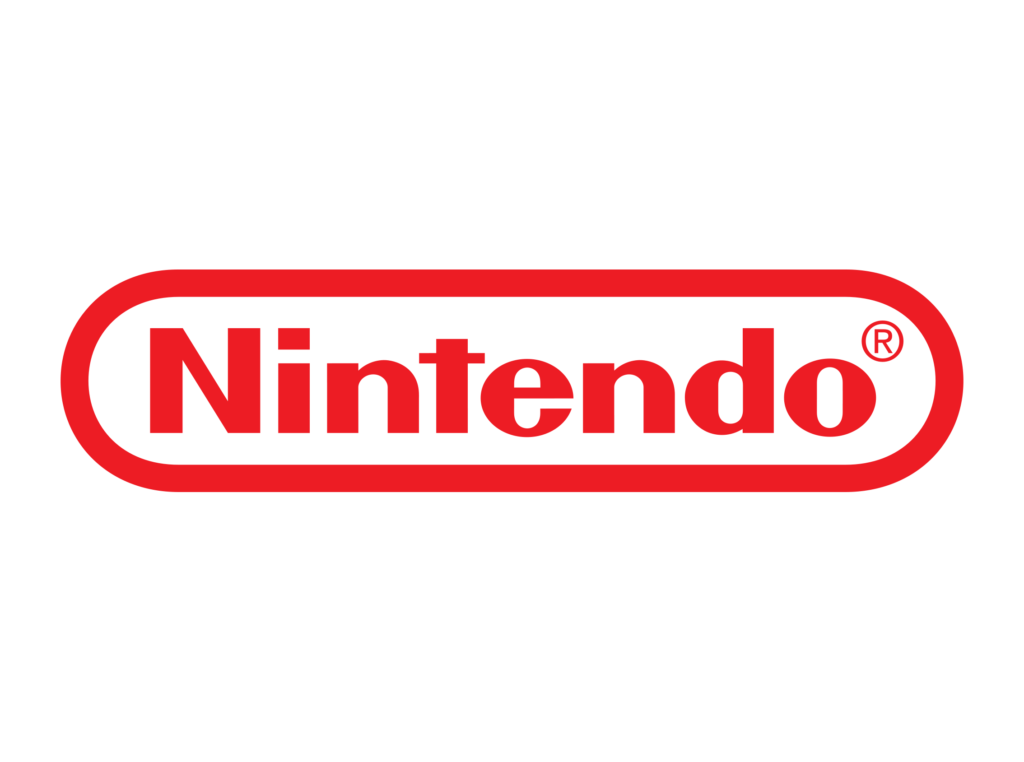The video game company Nintendo is set to release its new console the Nintendo Switch on March 3rd for $300 in the U.S. The Switch attempts to reaffirm Nintendo’s position as a video game company after the lackluster sales of its previous console the WiiU which is no longer in production.
The Nintendo Switch is a hybrid console that can be used both at home and on the go. The Switch features a tablet-like design that makes it useable as a portable console and has the ability to connect to a dock which switches the display from the console to a connected TV or monitor for a traditional console-like experience.
A key feature of the Switch is it’s controller system, which are two individual controllers called Joy-Cons that complement the hybrid nature of the Switch. Both controllers can be attached to the sides of the console itself, detached to be held in both hands, or slid into a Joy-Con grip to imitate a traditional controller. The Joy-Con is able to do this because it is wireless, which also allows you to hand over either the left or right Joy-Con to a friend to play certain games that don’t require both players to have their own set of Joy-Cons.
The games the Switch has featured also seem promising with prominent titles like “The Legend of Zelda: Breath of the Wild” and “Super Mario Odyssey” are both set to be released this year with The Legend of Zelda releasing alongside the Switch on March 3rd and Super Mario Odyssey releasing during the holiday season. Both these titles as well as others revealed for the Switch have the capacity to be major hits for the new console and sell numerous units for Nintendo.
According to Nintendo, the Switch is not intended to replace either the WiiU or the more successful 3DS, which has sold over 60 million units. This is likely because Nintendo doesn’t want to lose any of its player base on either of the two consoles which would prohibit Nintendo from receiving additional revenue. This move is not uncharacteristic of Nintendo as the company has used this tactic before with previous hardware iterations.
Although this may seem a smart move for Nintendo, it also presents an argument to be made over whether or not Nintendo is confident enough in the future success of the Switch.
Many successes in the technology industry are contingent on having faith in the product you are creating while marketing to people with numerous tastes and preferences. Not going “All in” with the Switch appears to be a safe business tactic for Nintendo in order for it to recoup from any losses incurred if indeed the Switch turns out to be a failure. But this also closes the lid on the public’s perspective on the company as being more interested in creating a piece of hardware that will make them a lot of money, rather than a successful entertainment device that is both critically and commercially successful. This is just a simple misgiving I have towards Nintendo as a company but I digress.
8The Switch definitely seems to be a step in the right direction for Nintendo which has seen only minor success in the video game industry as of late, and I am anxious to see what will be the public’s reception of the console by release.





Comments